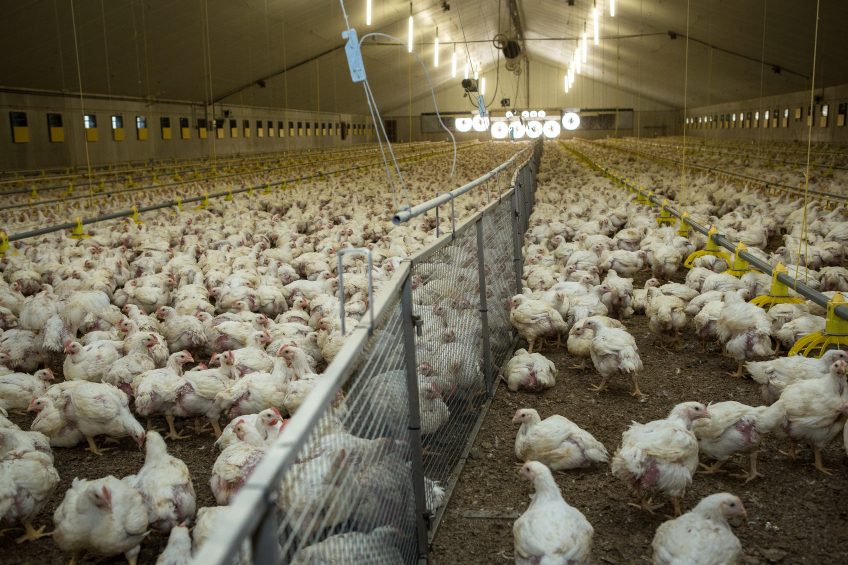Feeding broilers for the future

Over the years scientific advances in poultry production focused on quick conversion of backyard production to an industrialised business, keeping in mind that low costs for poultry meat and eggs are essential. What are the challenges in keeping poultry production sustainable?
Broiler meat consumption is growing relative to other proteins, although cost of production remains a central issue, which asks for optimal efficiency at the production level.
Society animal welfare demands
Society is demanding more transparency on how production animals are fed and treated. Concerns are there on why production animals grow faster than ever, on food safety, and on animal welfare.
Environmental concerns
The trend towards environmental accountability and sustainability of production, needs innovation incorporated on all levels. A challenge for nutritionists is to answer the question of how broiler nutrition and feeding can innovate in the current discussion on sustainability of poultry production. Animal feed conversion must improve in order to use less feed and make less use of the natural resources; the environment should be better protected by reducing excreta, nutrition should be managed in regard to the total volume of water needed for production.
Challenges with antibiotics, nutrition and sexing
Broiler production free of antibiotic growth promotors (AGPs), ingredient analysis, digestibility and phase feeding, sex feeding, particle size and pelleting, additives-enzymes, are just a selection of areas in poultry nutrition – in relation to the discussion on sustainability of broiler production – that will gain importance.
*Proceedings 21
st
European Symposium on poultry nutrition, Salou, Spain













